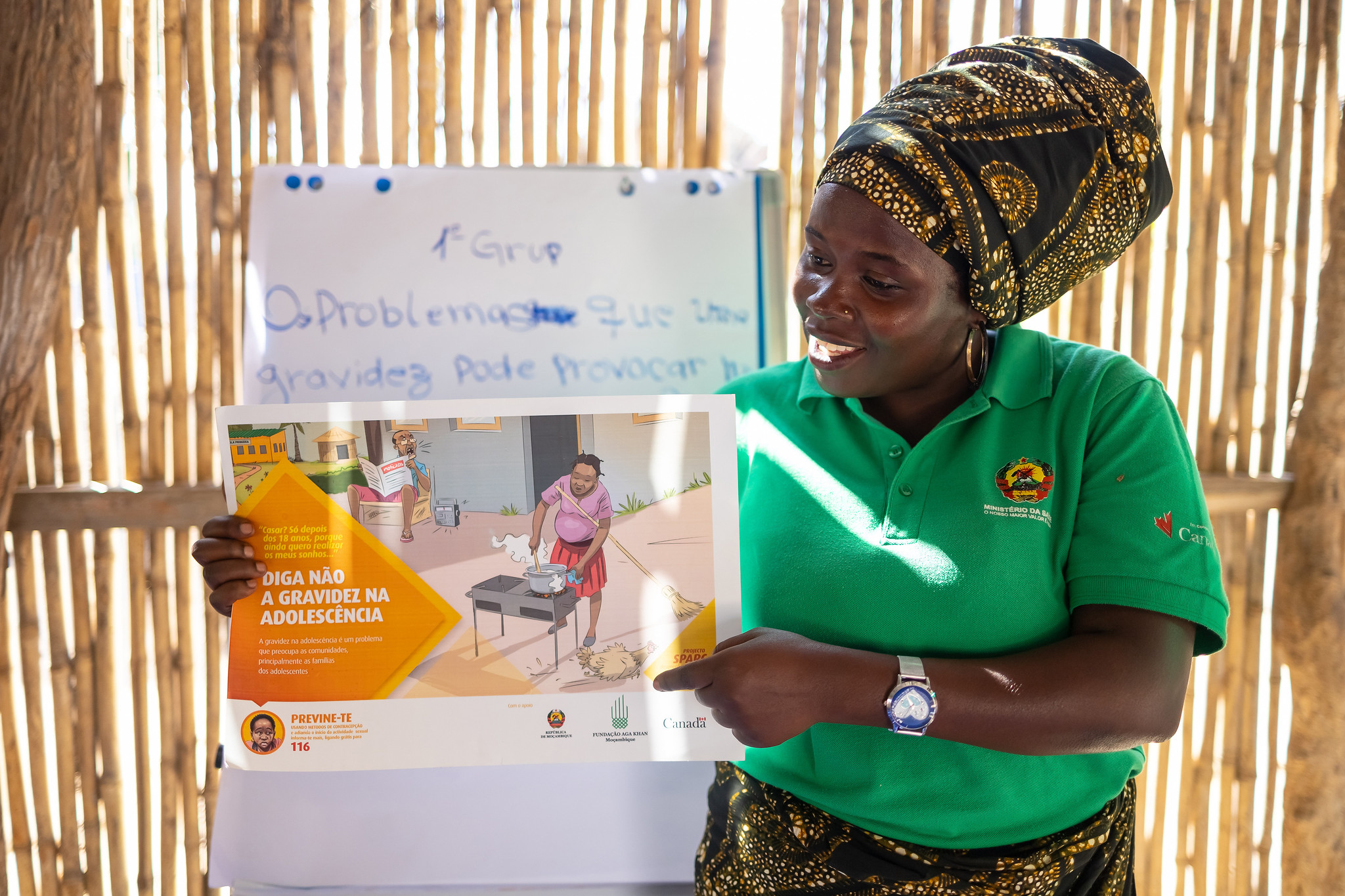
BBC StoryWorks produces new film for AKF, exploring women-led mangrove restoration in Mozambique
Blue Horizons, a new series presented by the World Ocean Council, includes ‘The Guardians of Mozambique’s Coasts’, produced for AKF by BBC StoryWorks

We protect the coast, we protect the mangroves, and they protect us.Anabela
Anabela Sumaila is a mother, beekeeper and mangrove protector. She works on the shores of Ilha de Moçambique – a small island and coral reef located four kilometres off Mozambique’s mainland. In a new film produced for AKF by BBC StoryWorks, Anabela shares her story; her journey to becoming a beekeeper, how it has helped her family, and why the ocean – and specifically mangroves – are vital to the future of her community.
The Guardians of Mozambique’s Coasts is one of fifteen short films featured in Blue Horizons, a new series presented by the World Ocean Council and produced by BBC StoryWorks Commercial Productions. The online film series explores how the ocean is connected with each and every one of our lives – whether providing livelihoods, the products we buy day-to-day, or the water we need to live.
Through human-led stories, the series showcases oceanic experiences and connections from across the globe, stretching far into the coldest climes of north Norway to meet a ship’s first female captain, travelling across the North Sea to the wild swimmer that braves the rugged coasts of Ireland, traversing the North Atlantic to the team protecting the coral reefs beneath the waves on Roatan’s shores, and down eastern Africa’s Swahili Coast towards Mozambique, where Anabela and her fellow singing beekeepers are guarding mangrove forests.
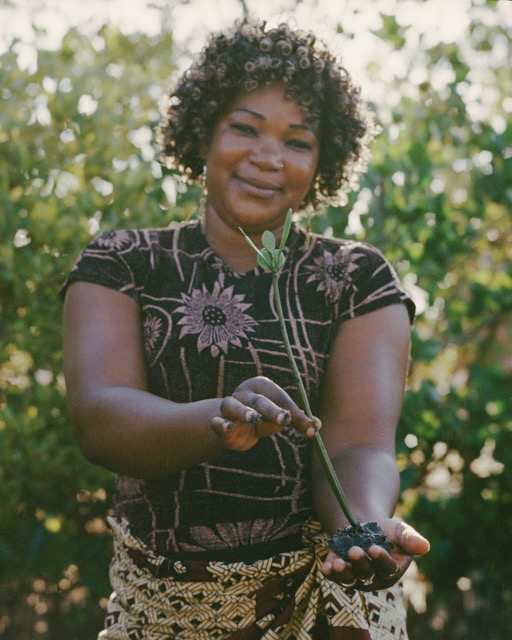
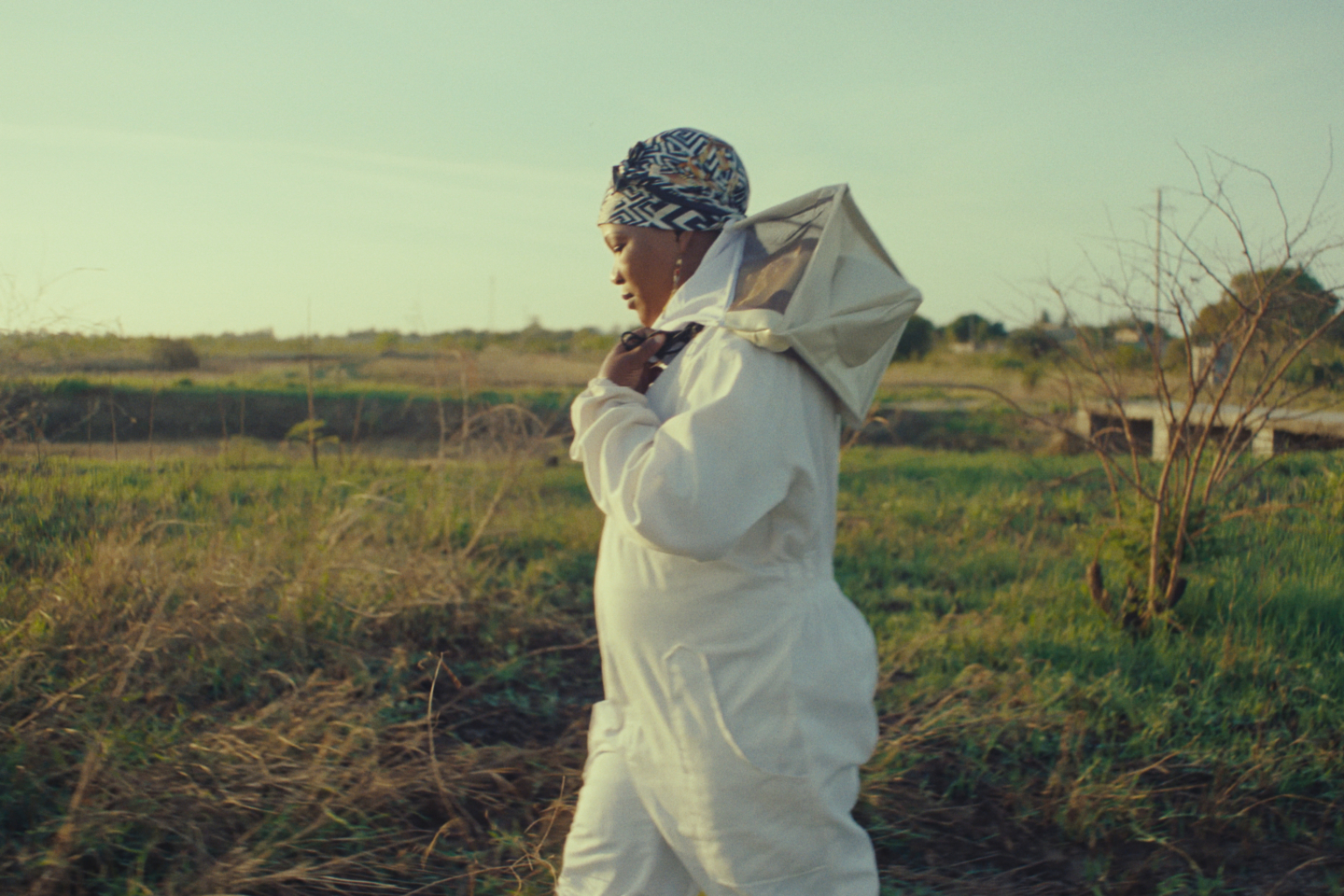
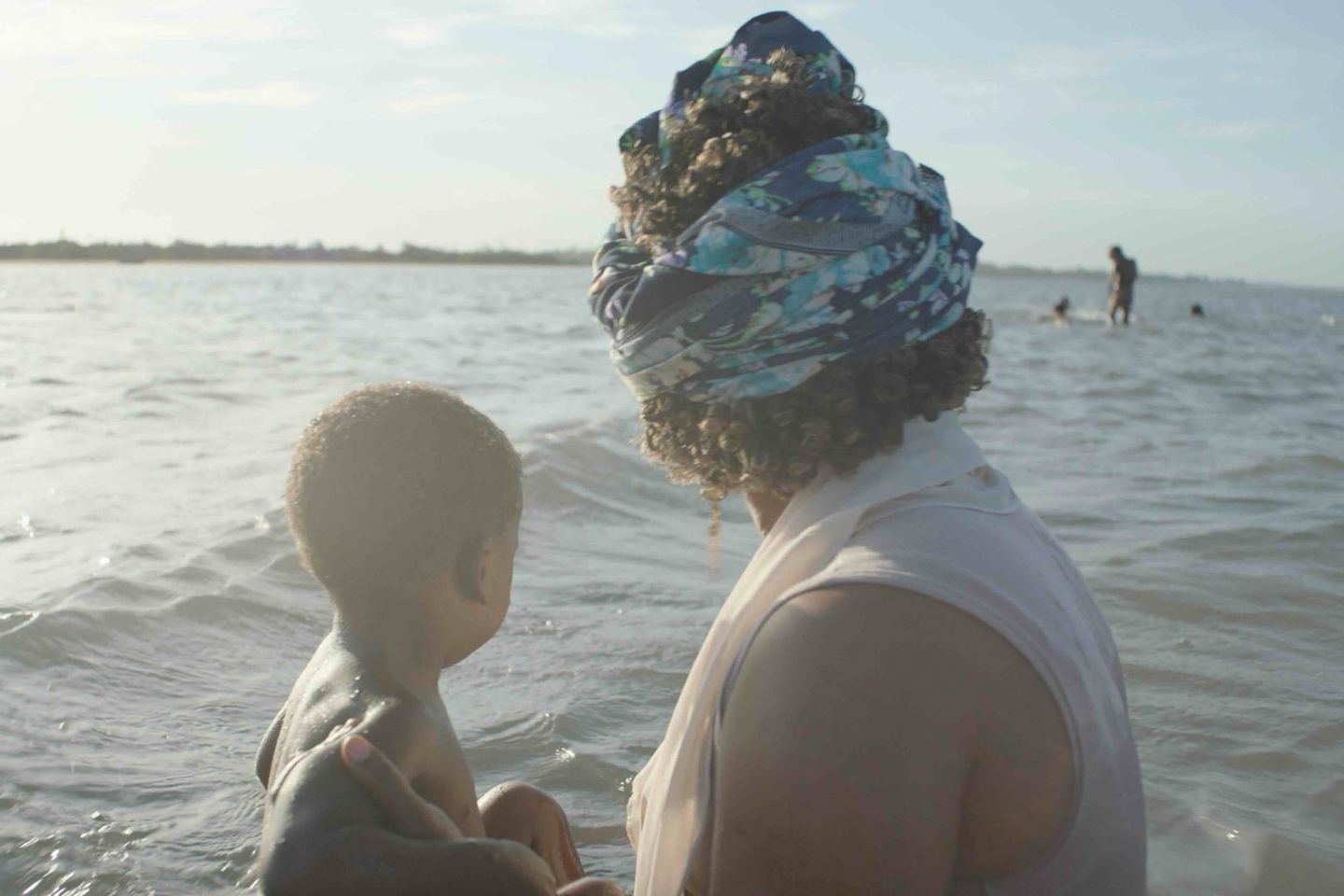
Anabela, the protagonist of AKF’s film, leads both a women’s association and her local Conselho Comunitario de Pesca (community fisheries council). In 2022 she joined AKF’s Mel do Mar project – meaning ‘honey of the sea’ – and learnt about beekeeping, mangrove restoration, and financial literacy. Mel do Mar partners with more than 400 women in Ilha de Moçambique, supporting them to train as beekeepers.
The women keep hives in the shelter of mangroves whilst the bees collect nectar from coastal flowers to produce honey. They sell the honey to supplement their incomes, meanwhile protecting the mangroves from being cut down for firewood, charcoal, and construction, as well as replanting areas of degraded forest (sometimes whilst singing, as seen in the film!). With earnings from honey sales, the women have formed savings groups with rotating credit schemes, enabling them to invest further in diversifying their incomes.
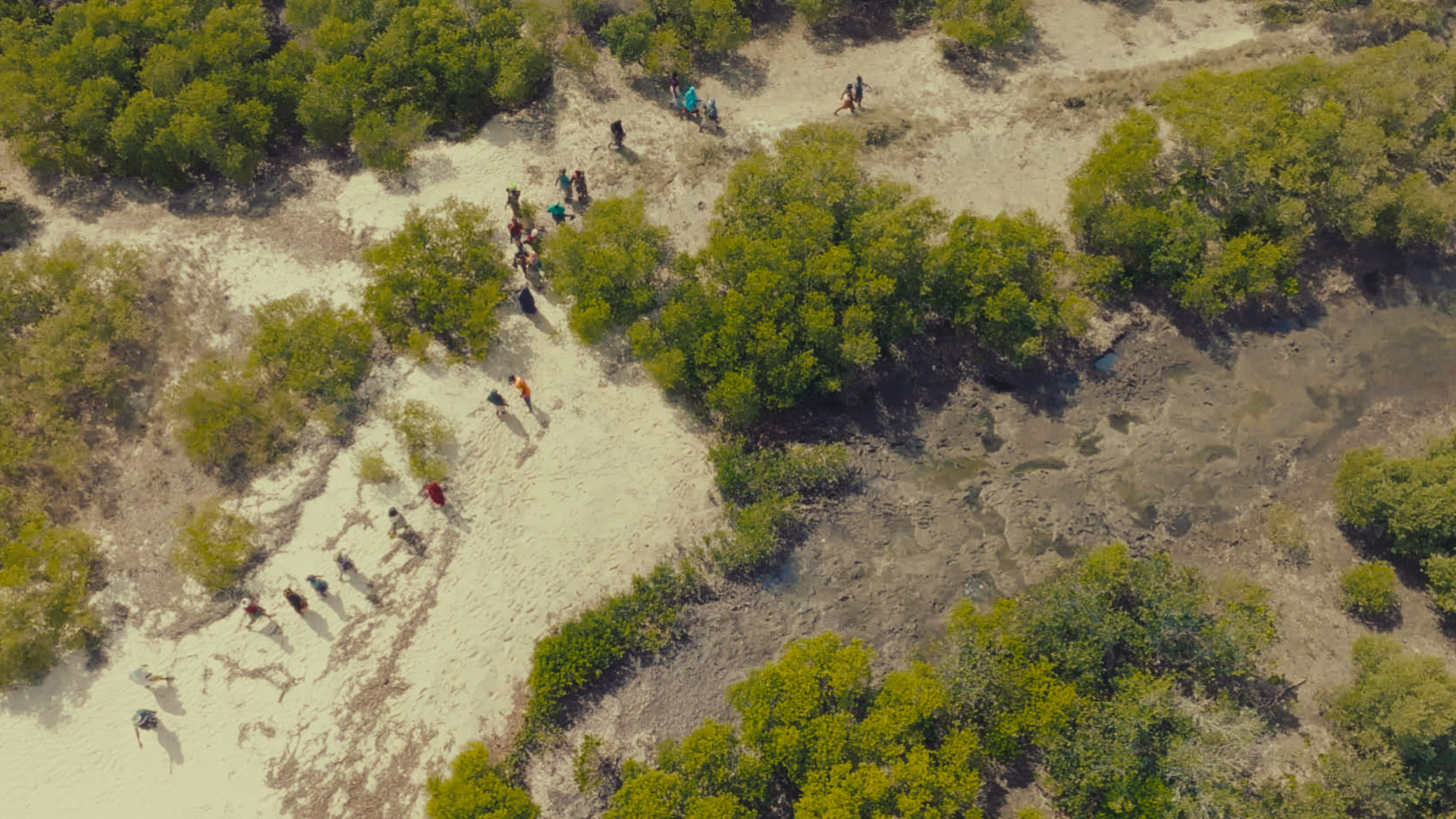
A birds-eye view of the women walking to their hives in the mangrove forest | AKF / BBC StoryWorks
“It’s key that we invest in women,” explains Hirondina Mondlane, AKF’s project coordinator for Mel do Mar, “[Women] have less access to education and as a consequence of that they have less access to employment. They often rely on the collection of natural resources for their livelihoods.”
It’s key that we invest in women.Hirondina Mondlane
Hirondina, who features in the film, describes how Mozambique’s coastal residents are “bearing the costs” of climate change. “People have less and less food, so they [put] more pressure on natural resources,” she says. “We are seeing more and more people cutting down trees to sell charcoal to get an income – the mangrove forest is highly affected. And we all know that the more the mangroves are cut, the more the risk of extreme weather events.”
Mozambique’s expansive and exposed shorelines are being rapidly reshaped by more frequent and severe cyclones, including Cyclone Idai in 2019 and Cyclone Freddy in 2023, which hit the country twice and directly affected the lives of more than one million Mozambicans. The repercussions of these climate-aggravated extreme weather events range from livelihood loss and displacement to exposure to waterborne diseases, all of which weaken resilience to future disasters.
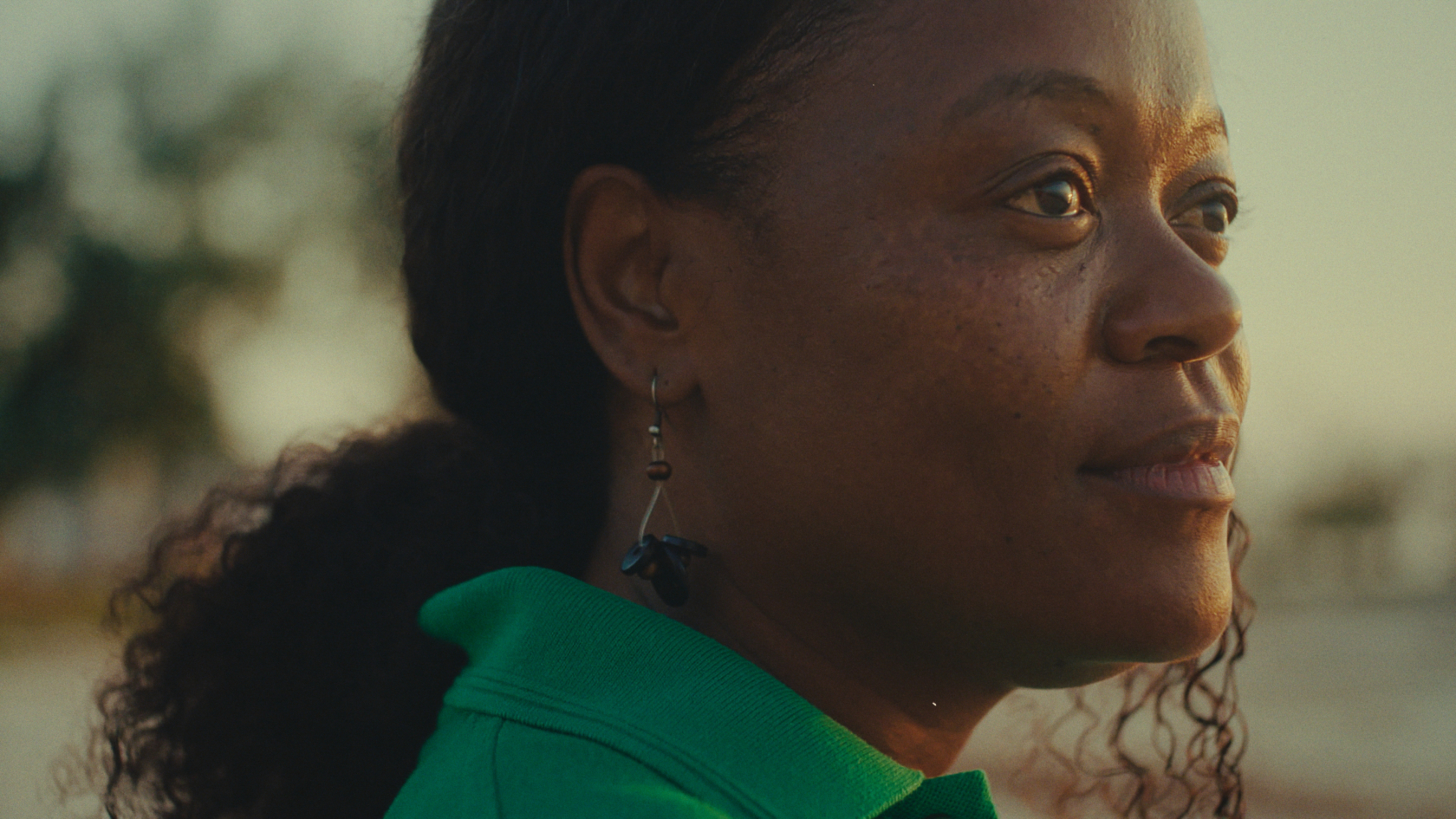
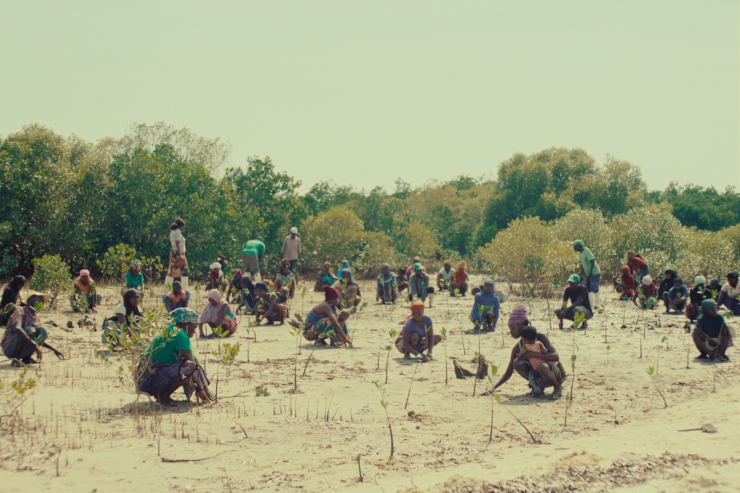
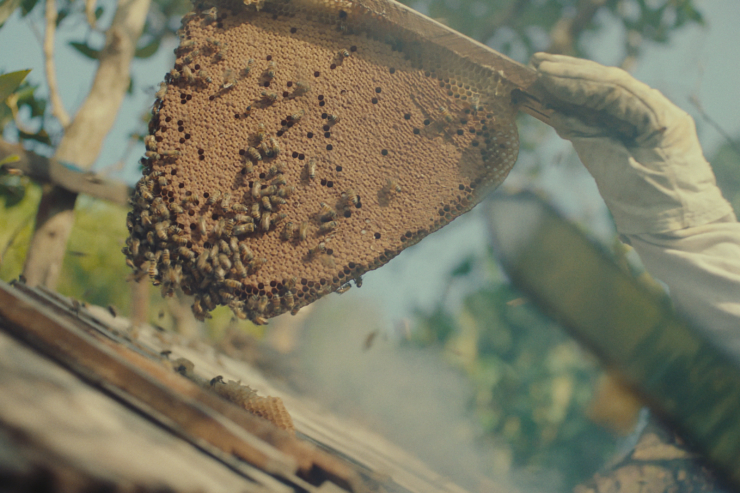
The protection and restoration of mangroves is a critical Nature-based Solution (NBS) to climate vulnerability in the Mozambique channel. These ‘blue forests’ bring countless benefits, from promoting marine and terrestrial biodiversity and capturing carbon to providing essential resources for surrounding communities. As such, mangrove conservation must work in harmony with the lives of coastal people like Anabela, who have an intrinsic connection with the ocean.
All of us live by means of the mangroves.Anabela
Mel do Mar is just one example of AKF’s community-led climate resilience programmes in coastal regions. Last year, AKF worked with communities to plant 604,523 mangrove trees – and protected a further 4.6 million – across all the countries where it operates. Mangrove restoration is one aspect of AKF’s recently launched Indian Ocean Coastal Regeneration Initiative (IOCRI) which aims to support coastal communities across six countries, to improve their quality of life and revive and protect critically important coastal ecosystems.
The Indian Ocean covers approximately 20% of the Earth’s entire water surface area and hugs the shorelines of six countries where AKF works. In Africa this includes Kenya, Tanzania, Mozambique and Madagascar, and in Asia, India and Pakistan.
The impact of climate change in the region is multifaceted, from coastal erosion and sea level rise to increased intensity of cyclones and ocean acidification – all of which affect the lives and livelihoods of Indian Ocean communities. The IOCRI applies a science-based, community-led, NBS approach, building on the premise that to address climate change and ensure environmental sustainability it is essential to co-develop solutions with communities, especially women and young people.
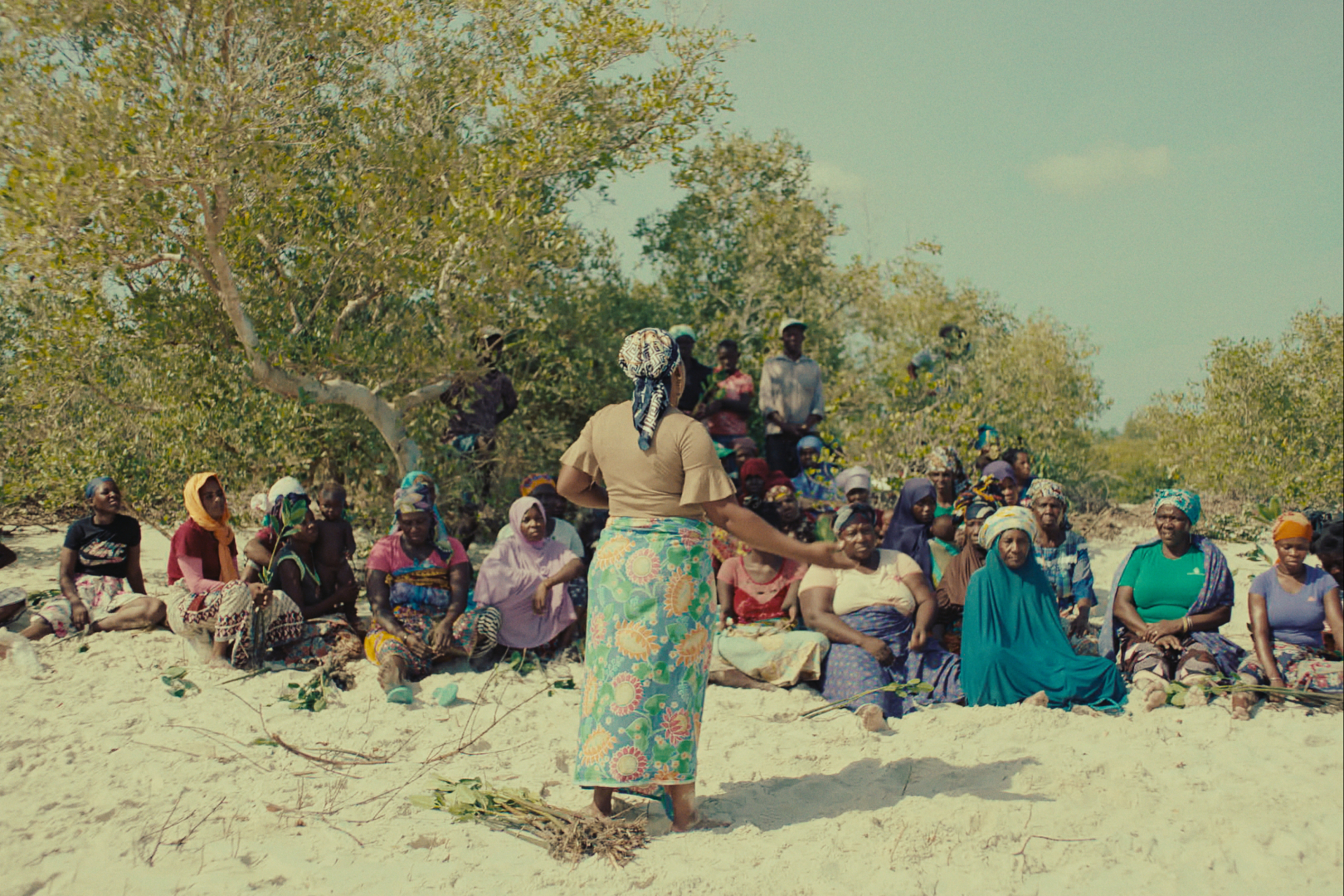
In her community, Anabela is a revered climate advocate, “I am small, but they are afraid of me,” she says of those that seek to cut down the mangroves. AKF is delighted to have had the opportunity to further amplify her mission in Blue Horizons – a series that celebrates individuals and organisations like Anabela who are working to protect our seas, for themselves and the planet.
Their stories serve as an urgent reminder of the inextricable link between people and the ocean. As Anabela says in her closing words, “we protect the coast, we protect the mangroves, and they protect us.”
Discover Blue Horizons here or here if you’re in the UK Explore AKF’s Climate Resilience report to learn more about the IOCRI
Produced for the Aga Khan Foundation by:

Related News & Stories


The mobile clinic: Bringing care to communities in Mozambique
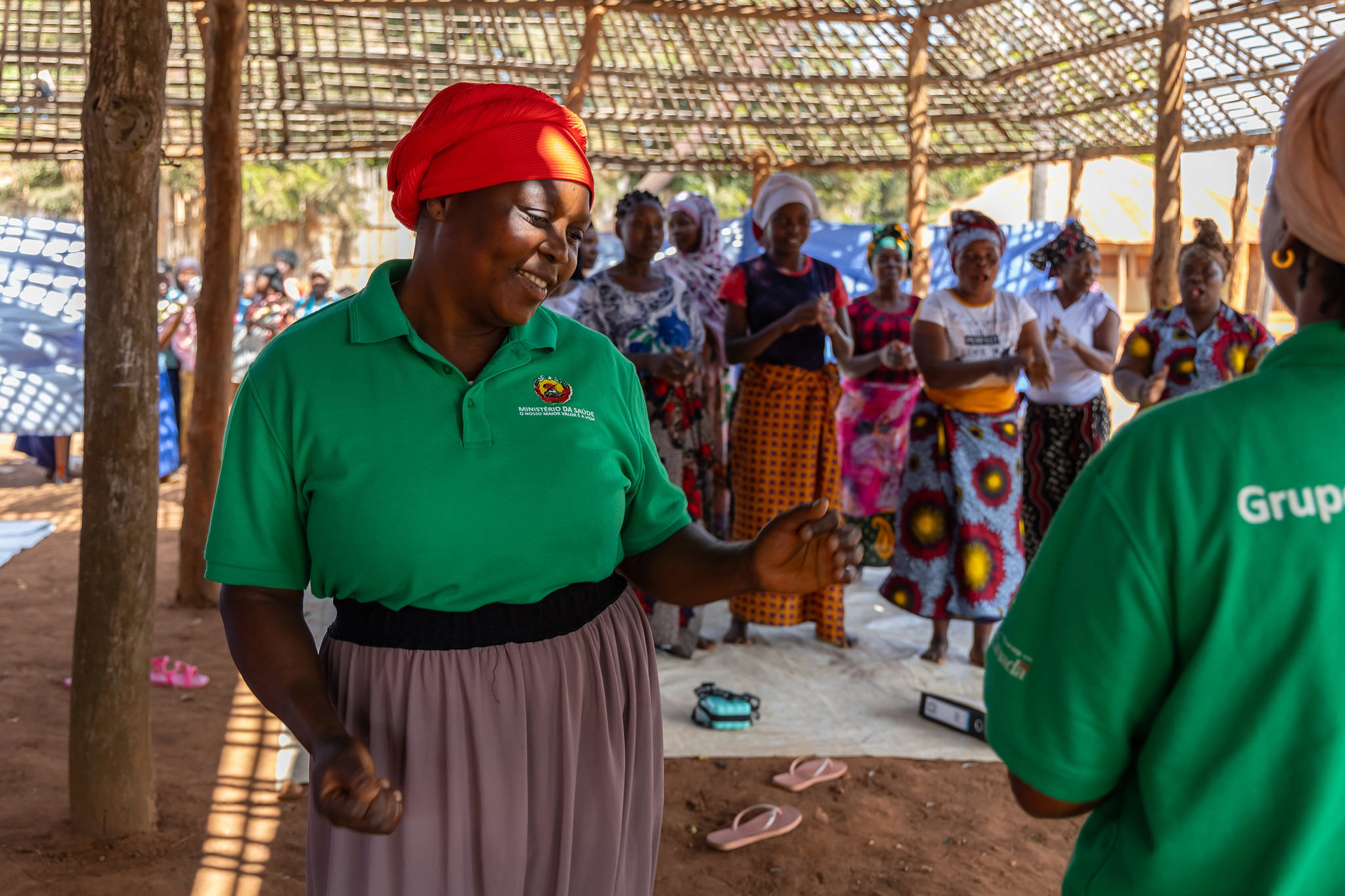
Ripples of change: Women’s change groups in Mozambique
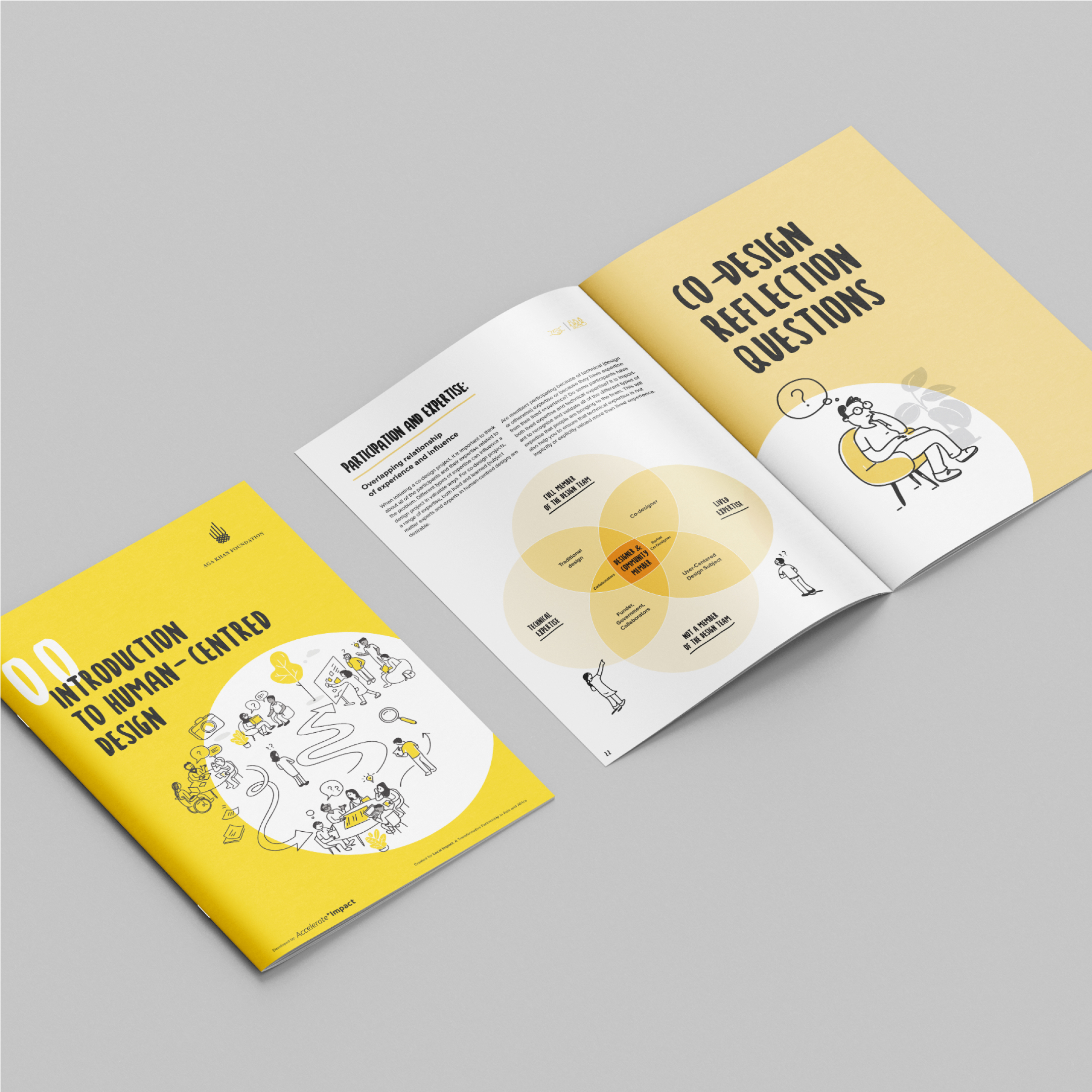
AKF launches groundbreaking Human-Centred Design toolkit to drive social innovation

The Indian Ocean: How can coastal communities adapt to a rapidly changing environment?

More than a room: Safe spaces for girls in Mozambique

Support our work Your donations are helping us build a future where we all thrive together.